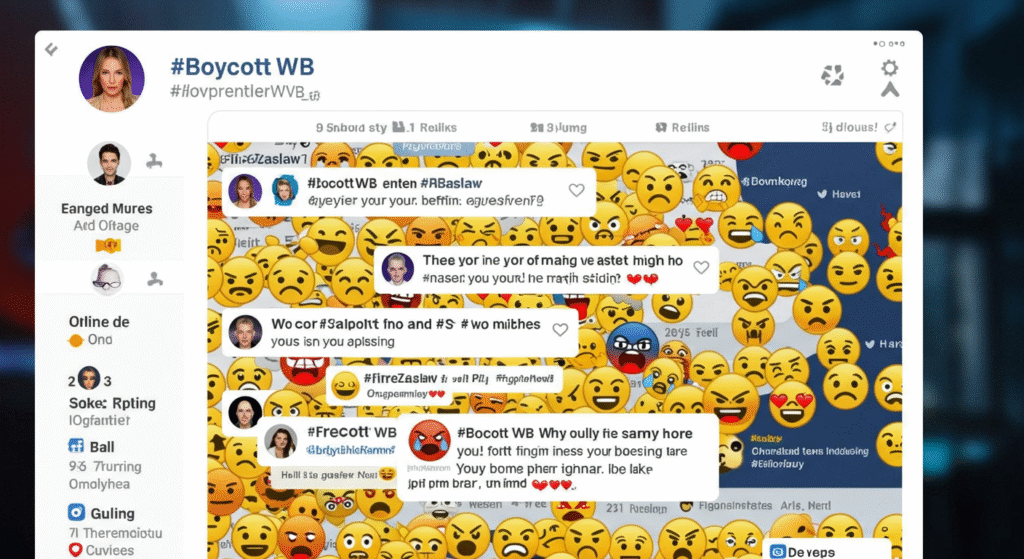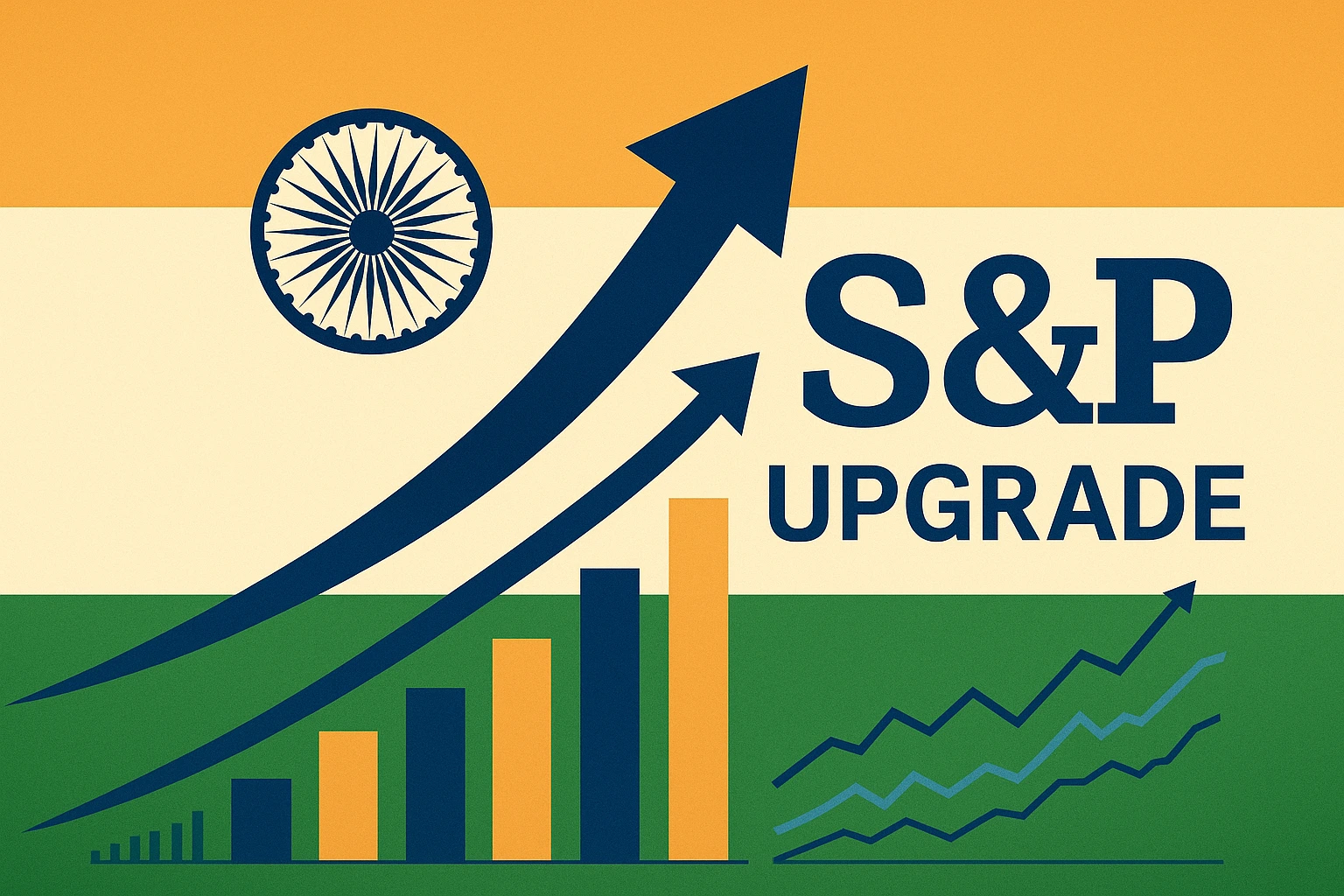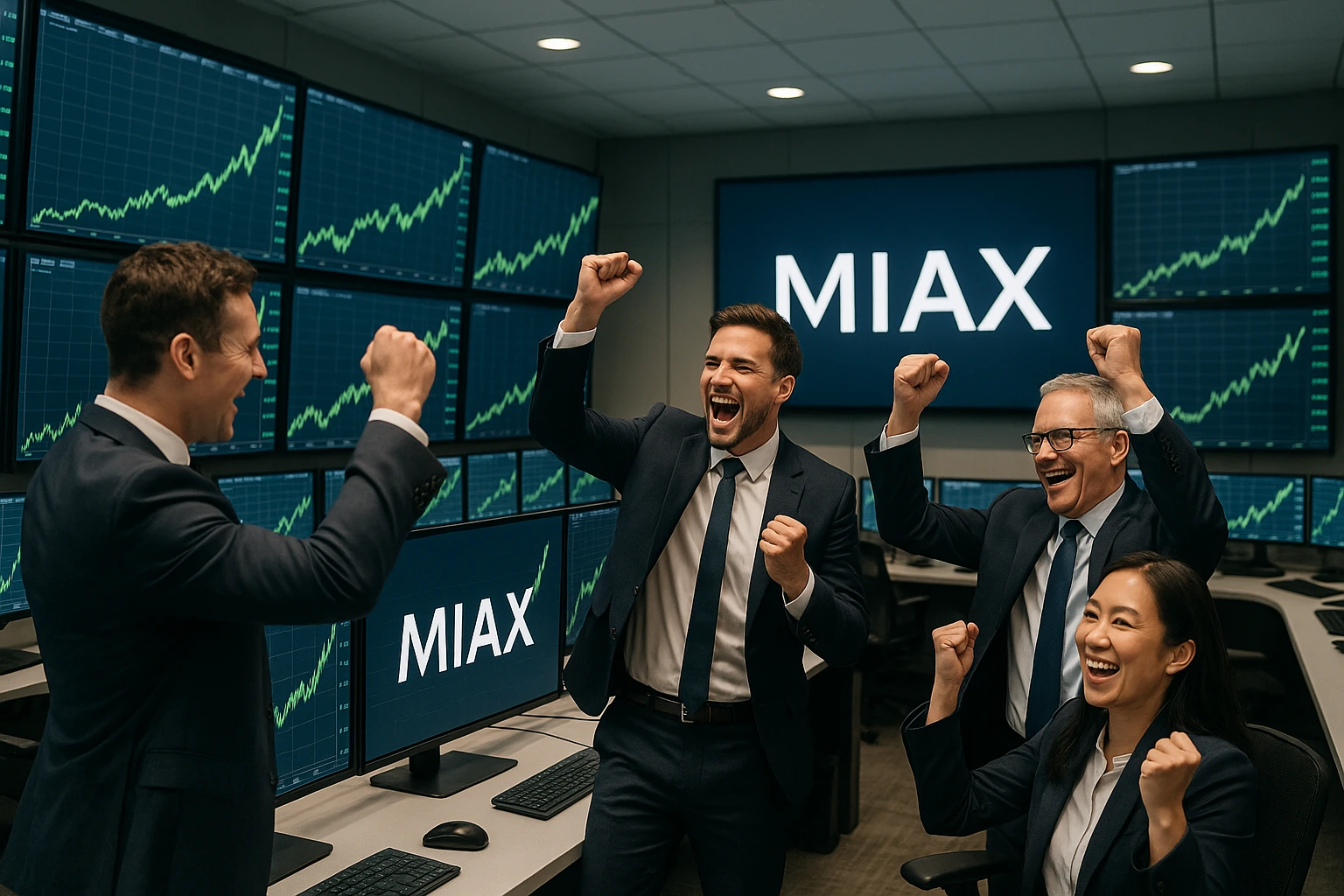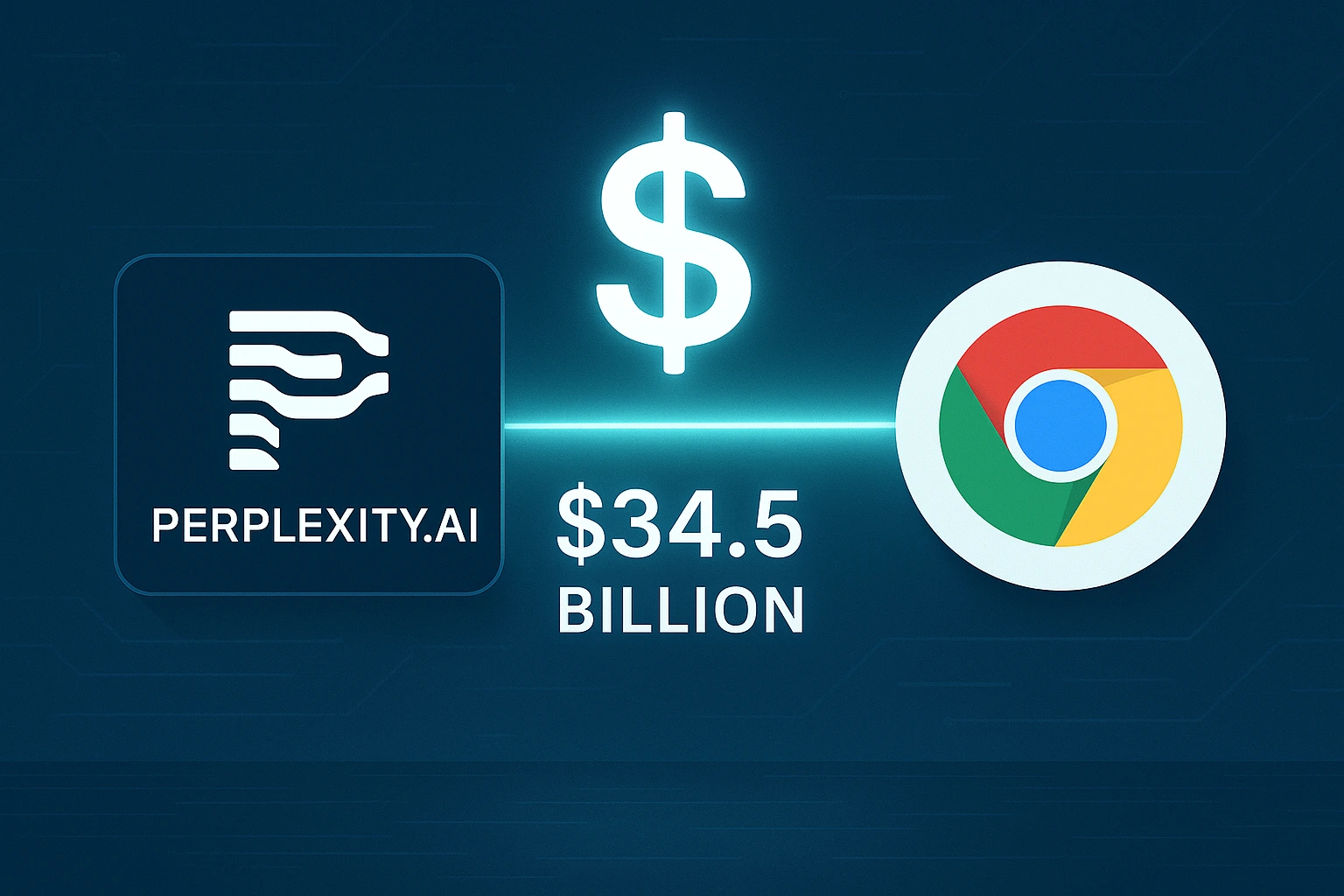Table of Contents
2024 has been a tumultuous year for WB. Discovery. With an eye-watering $11.5 billion loss, one would expect austerity and accountability at the top. Instead, the spotlight turned to CEO David Zaslav—who not only retained his position but also secured a sizable bonus package. This shocking contradiction has left fans, shareholders, and analysts questioning the direction of the media giant.
The core of the issue? A growing disconnect between Warner Bros.’ financial health and its leadership’s compensation. Let’s unpack how the chaos unfolded.
How Warner Bros. Discovery Lost $11.5 Billion in 2024
Warner Bros.’ financial troubles in 2024 stemmed from multiple compounding factors. Costly mergers and restructuring expenses post the WarnerMedia and Discovery merger left the balance sheet bruised. Streaming wars intensified, and major competitors like Netflix and Disney+ surged ahead, eating into market share.
Additionally, the company’s theatrical releases underperformed, and its streaming platform HBO Max lost a significant chunk of subscribers. Write-downs on shelved projects and massive layoffs further deepened the loss column. In the end, Warner Bros. closed the year with a staggering $11.5 billion in the red.

Why Did David Zaslav Get a Massive Bonus Amid Huge Losses?
Despite the company’s worst financial performance in years, CEO David Zaslav received a bonus package that raised more than a few eyebrows. The justification? Performance metrics tied to long-term strategy and cost-cutting efficiency.
According to Warner Bros. Discovery’s board, Zaslav’s leadership helped navigate complex restructuring and positioned the company for future profitability. However, critics argue that rewarding a CEO during one of the company’s darkest financial periods sends the wrong message—especially to employees and investors.
Shareholder Revolt: Pay Package Rejected, Voices Raised
The discontent didn’t go unnoticed. In a dramatic turn, a majority of Warner Bros. shareholders rejected Zaslav’s pay package in a non-binding but highly symbolic vote. This shareholder revolt was more than just a protest; it was a clear demand for accountability.
Investors voiced frustration over leadership misalignment and deteriorating stock value. While the board can technically override this rejection, the message is crystal clear: the status quo isn’t acceptable.

HBO Max Woes: Layoffs, Cancellations & Subscriber Losses
Much of Warner Bros.’ identity now hinges on its streaming arm—HBO Max. Yet in 2024, it became a symbol of decline. Several anticipated shows were abruptly canceled, ongoing series were removed for tax write-offs, and internal restructuring led to sweeping layoffs across creative teams.
Subscriber numbers dwindled as users fled to more stable platforms. For many, HBO Max lost its edge, and by extension, Warner Bros. lost its credibility in the streaming space.
Is Executive Compensation Broken in Hollywood?
The Zaslav bonus saga reignited a broader debate: Is executive compensation in Hollywood broken? Across the industry, studio heads continue to secure tens of millions while their companies lay off workers and cut creative projects.
Warner Bros.’ case is emblematic of this imbalance. Many believe that CEO rewards should align more closely with company performance and public trust—two metrics where Warner Bros. clearly struggled in 2024.

From Fans to Filmmakers: How the Internet Reacted
The backlash wasn’t confined to boardrooms. Social media erupted with criticism as fans, filmmakers, and former employees expressed outrage. Hashtags like #BoycottWB and #FireZaslav trended on Twitter (X), and viral posts highlighted the irony of rewarding failure.
Even prominent directors and actors called out Warner Bros., accusing leadership of valuing profit metrics over creative integrity and fan loyalty. The online sentiment was brutally clear—Warner Bros. had lost its connection to the people who built its empire.

Future Outlook: Can the Media Giant Regain Trust and Profit?
Despite the chaos, Warner Bros. still holds valuable assets—iconic franchises, massive studio infrastructure, and international reach. But rebuilding won’t be easy.
Analysts suggest the company must refocus on content quality, transparency with shareholders, and better executive accountability. The success of upcoming blockbusters and a renewed HBO Max strategy could help the media giant recover. But it needs to listen—to its audience, creators, and investors—before it’s too late.
Leadership or Failure? The Fine Line Zaslav Walks
David Zaslav’s legacy now hangs in the balance. To some, he’s a cost-cutting savior preparing Warner Bros. for long-term stability. To others, he’s the face of corporate excess and mismanagement.
Whether Zaslav leads Warner Bros. to a brighter future or deeper decline will depend on decisions made in the coming months. One thing is certain—the margin between leadership and failure has never been thinner.
Conclusion
The story of Warner Bros. in 2024 isn’t just about numbers. It’s a cautionary tale about leadership, accountability, and the shifting values of modern media. As the dust settles, all eyes remain on what Warner Bros. does next.
FAQs
1. Why did Warner Bros. lose $11.5 billion in 2024?
Warner Bros. reported a $11.5 billion loss in 2024 due to a mix of costly restructuring, underperforming theatrical releases, declining HBO Max subscribers, and multiple project write-offs. Mergers and internal shake-ups also significantly impacted financial performance.
2. What is the controversy around David Zaslav’s bonus?
Despite Warner Bros.’ financial crisis, CEO David Zaslav received a large bonus package. This sparked outrage among shareholders and fans, especially given widespread layoffs and content cancellations across the company.
3. Did Warner Bros. shareholders approve Zaslav’s pay package?
No. A majority of shareholders voted against David Zaslav’s pay package in a non-binding vote, signaling strong dissatisfaction with executive compensation during a year of massive losses.







